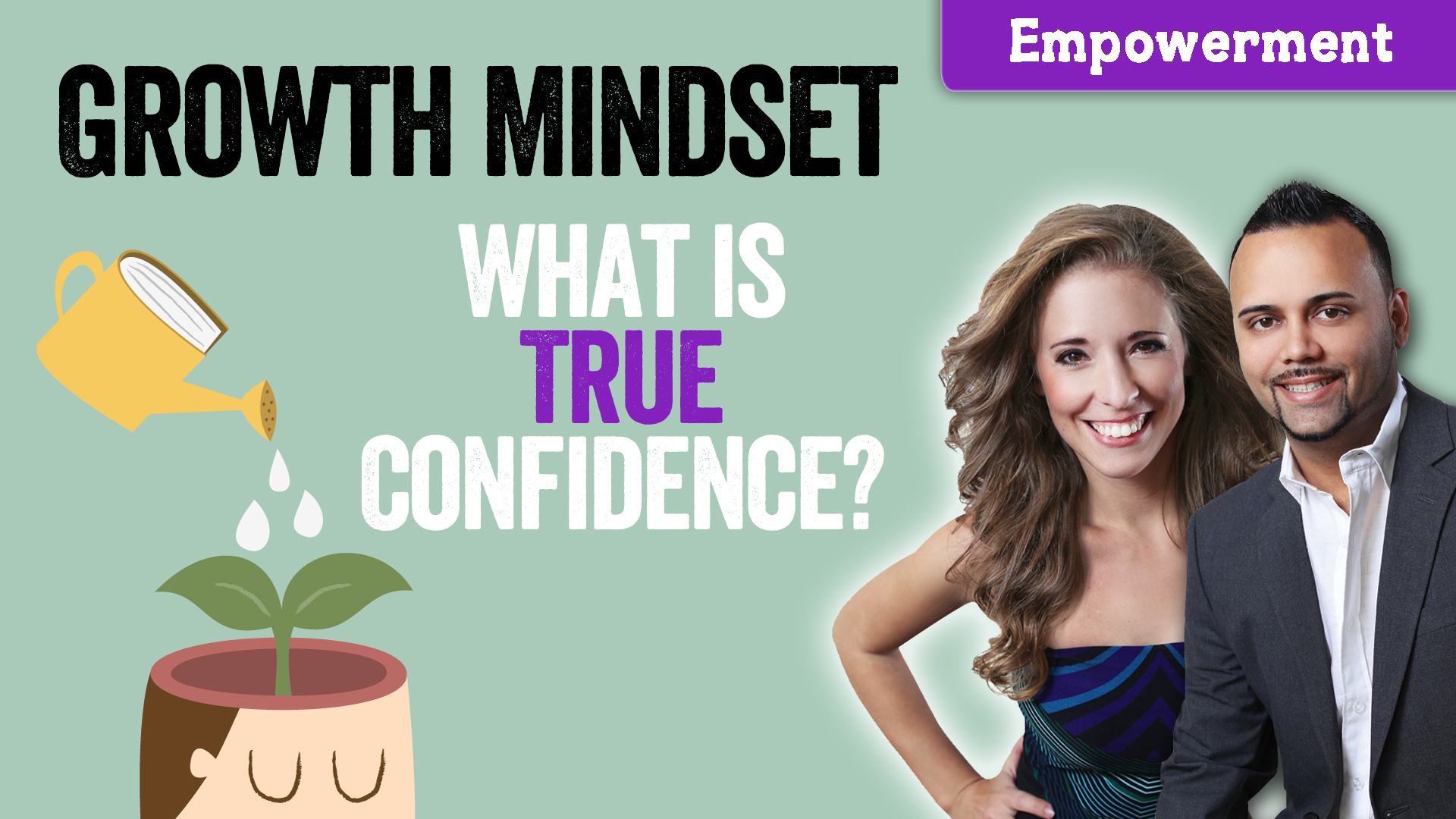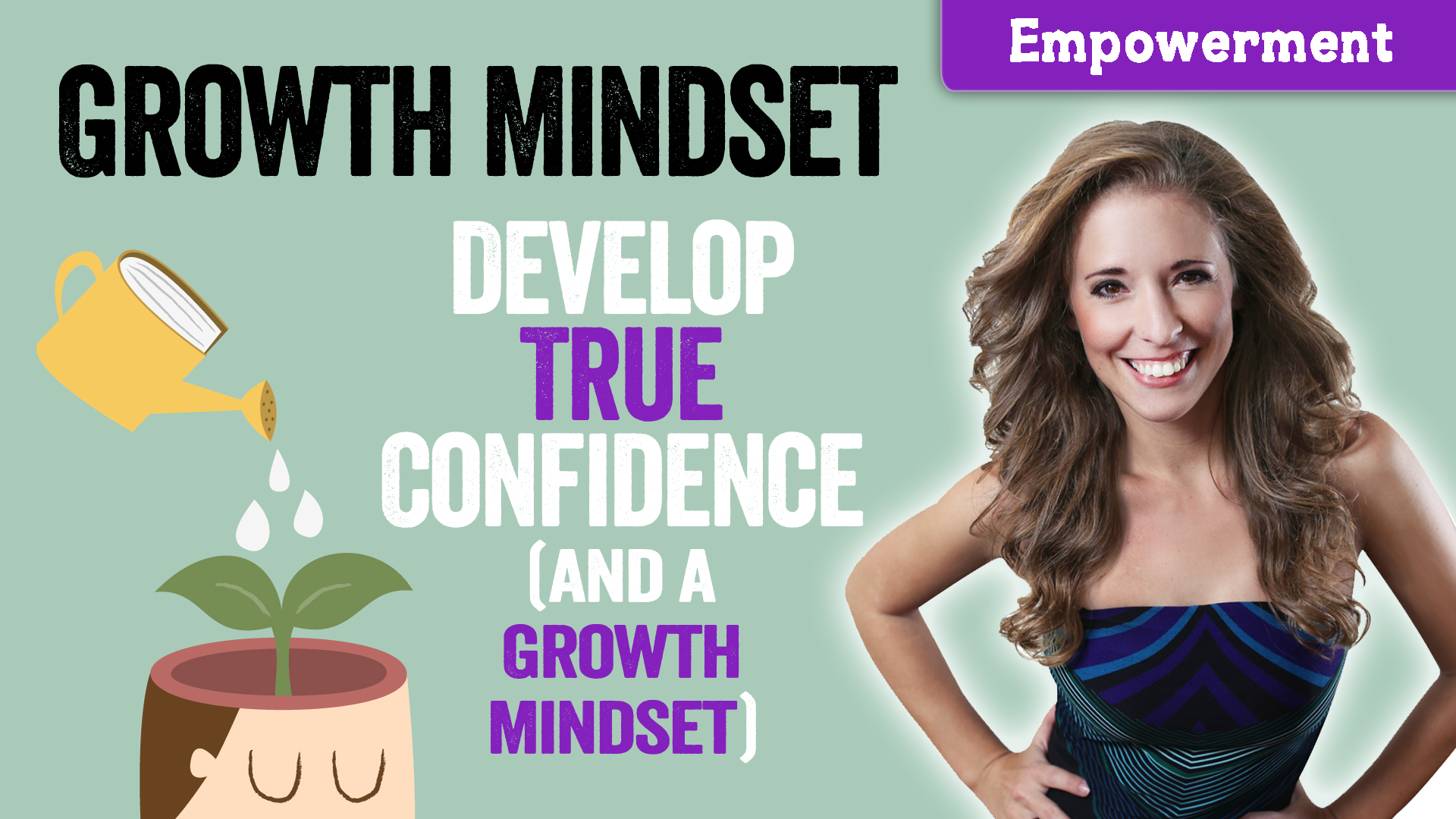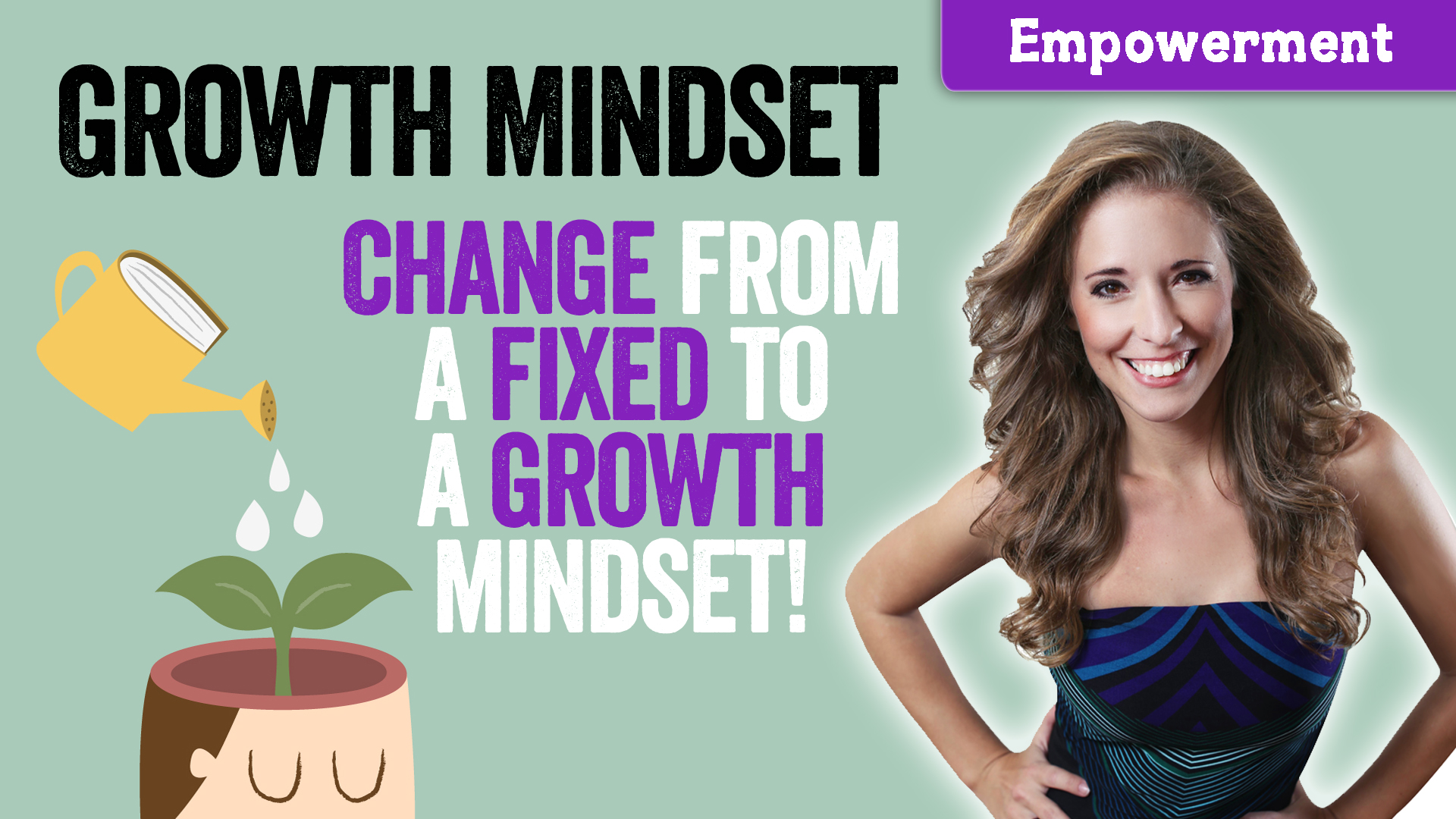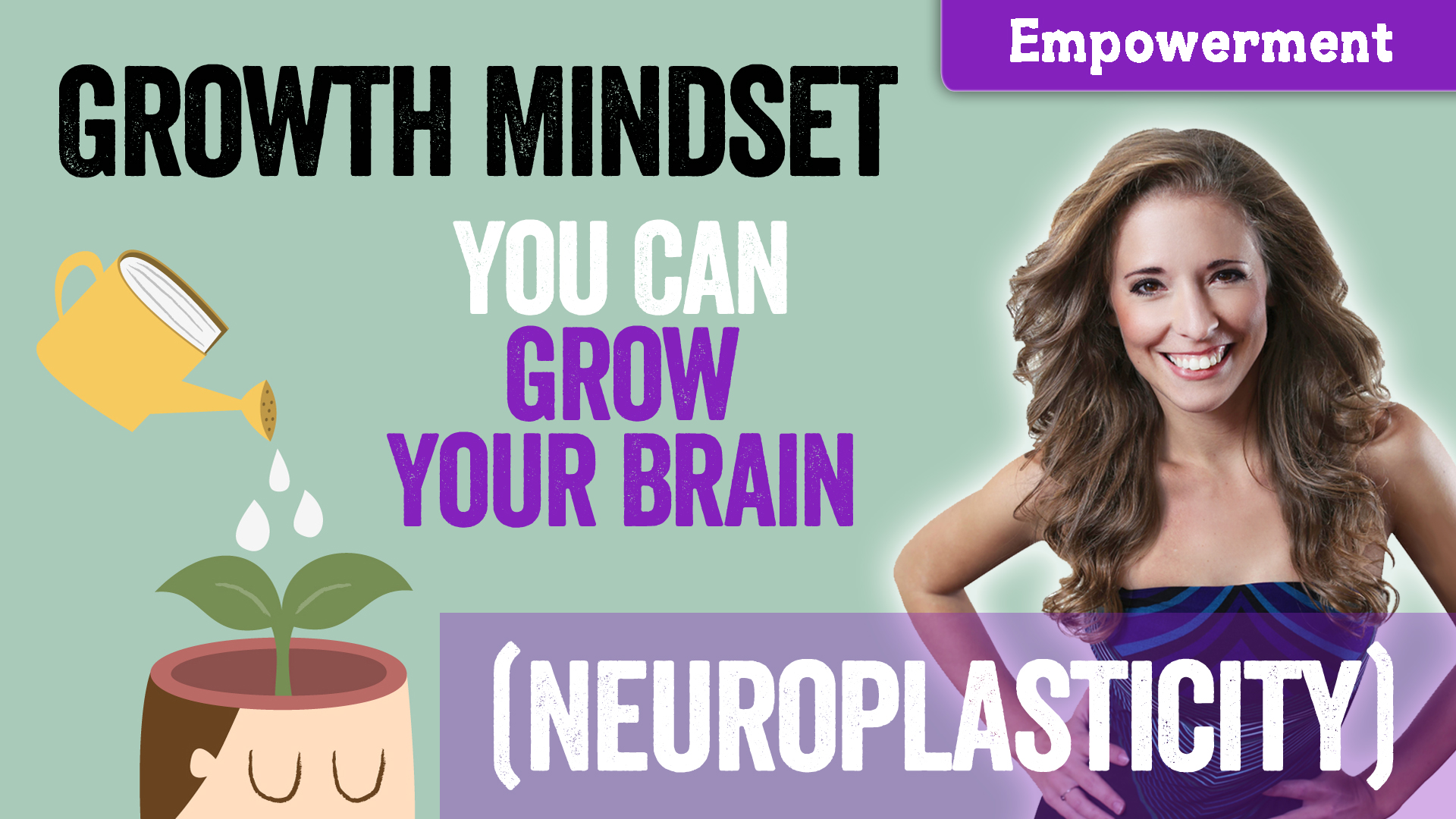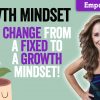 What does it truly mean to develop confidence? Real, unshakable confidence isn’t something you’re born with or something that magically appears when you’re successful. Instead, it stems from how you think, act, and view yourself in relation to the challenges life presents. More specifically, it comes from developing growth mindset confidence.
What does it truly mean to develop confidence? Real, unshakable confidence isn’t something you’re born with or something that magically appears when you’re successful. Instead, it stems from how you think, act, and view yourself in relation to the challenges life presents. More specifically, it comes from developing growth mindset confidence.
Let’s explore how to cultivate this empowering mindset and the psychological principles that support it.
The Foundation of Growth Mindset Confidence
At the heart of growth mindset confidence are two critical psychological concepts: locus of control and bias toward action.
Locus of control refers to the belief about what is within your power to change. People with an external locus of control tend to feel like victims of circumstance. In contrast, those with an internal locus of control believe they can influence the outcome, even when faced with external challenges. The more internal your locus of control, the more confident and empowered you’ll feel.
The second piece is having a bias toward action. If you believe your efforts don’t make a difference, you’re likely to avoid taking action. But taking even small steps—even when uncertain—builds momentum. Over time, acting consistently reinforces the belief that you are in control, and that belief becomes the core of your confidence.
Want to help others build this same sense of empowerment? Check out this blog post on becoming a Mindset Coach.
One Mindset to Rule Them All
There is one deeper belief that ties these two principles together—one that can significantly influence your confidence: the growth mindset.
A growth mindset is the belief that your abilities, intelligence, and talents can be developed over time through effort, learning, and resilience. When you believe this, you become more willing to try, fail, learn, and try again—core traits of true confidence.
In contrast, people with a fixed mindset believe their abilities are innate and unchangeable. This belief leads them to avoid challenges, fear failure, and resist growth. When you fear failure, confidence is fragile. But when you embrace learning and change, confidence becomes durable.
Want to learn more about how fixed mindsets can limit you? Check out this related post: Overcoming Limiting Beliefs.
Realizing Your Power: A Personal Story
When I returned to college to finish my degree, I had an important realization: my academic success wasn’t just about being “smart.” It was about my effort. While others partied, I studied. While others skimmed by, I took detailed notes. I wasn’t just lucky—I was intentional.
But not everyone saw it that way. A colleague dismissed my achievements as the result of privilege or intelligence. Her reaction was a classic example of a fixed mindset—one that refuses to acknowledge the power of effort.
This experience only deepened my belief in growth mindset confidence. I succeeded because I acted. And that’s a mindset anyone can develop.
Building Growth Mindset Confidence in Everyday Life
Imagine you have a rough day: coffee spill, parking ticket, work mistake. A person with a fixed mindset might think, “I’m just unlucky and incompetent.” Someone with a growth mindset would ask, “What can I learn here?” That subtle difference is the beginning of confidence.
Ask yourself:
-
Do I believe talents are something I’m born with?
-
Do I believe my intelligence can grow over time?
If your answers are mixed, that’s okay. The exciting part is that a growth mindset can be learned—and it changes everything.
Science-Backed Mindset Shifts
Dr. Carol Dweck’s research at Stanford shows that a growth mindset allows people to thrive in the face of challenges. With this mindset, you’re more likely to:
-
Embrace new challenges
-
Learn from criticism
-
Find lessons in failure
-
Celebrate effort over perfection
These are all traits that contribute directly to growth mindset confidence.
Why “Natural Talent” Is a Myth
Our culture glorifies natural talent. But studies show that consistent effort beats raw talent over time. When you think you’re only good if you’re a “natural,” you’ll avoid trying new things. You won’t want to risk appearing average.
People with a growth mindset, on the other hand, see effort as the path to mastery. They believe that trying hard makes them better—not less capable.
This belief unlocks true confidence because it frees you from needing to be perfect. It allows you to grow, adapt, and improve without shame.
Applying Growth Mindset Confidence in Real Life
If you want to start developing growth mindset confidence, here’s how:
-
Take Action (Even When Unsure) – Confidence grows through doing, not waiting.
-
Celebrate Effort – Acknowledge progress, not just outcomes.
-
Reframe Failure – See mistakes as feedback, not identity.
-
Embrace Challenges – Choose the path of growth, not comfort.
A great way to practice this is by journaling your experiences with risk, effort, and learning. Reflecting builds awareness—and awareness builds change.
Final Thoughts: Confidence Is a Skill, Not a Trait
Confidence isn’t about always knowing the answers or being naturally gifted. It’s about cultivating a mindset that says, I will figure it out. When you act in spite of fear and trust in your ability to grow, you unlock lasting, growth mindset confidence.
It’s not always easy—but it is simple. Confidence is the willingness to try, combined with the trust that you’ll learn what you need along the way.
Ready to dive deeper into developing TRUE CONFIDENCE and a GROWTH MINDSET? Get Started!
Want to help other people develop confidence and a growth mindset? Become a Confidence Life Coach!
Growth Mindset Series
4-Part Article & Video Series
Click below to view additional blogs in the series. SCROLL RIGHT >>>



